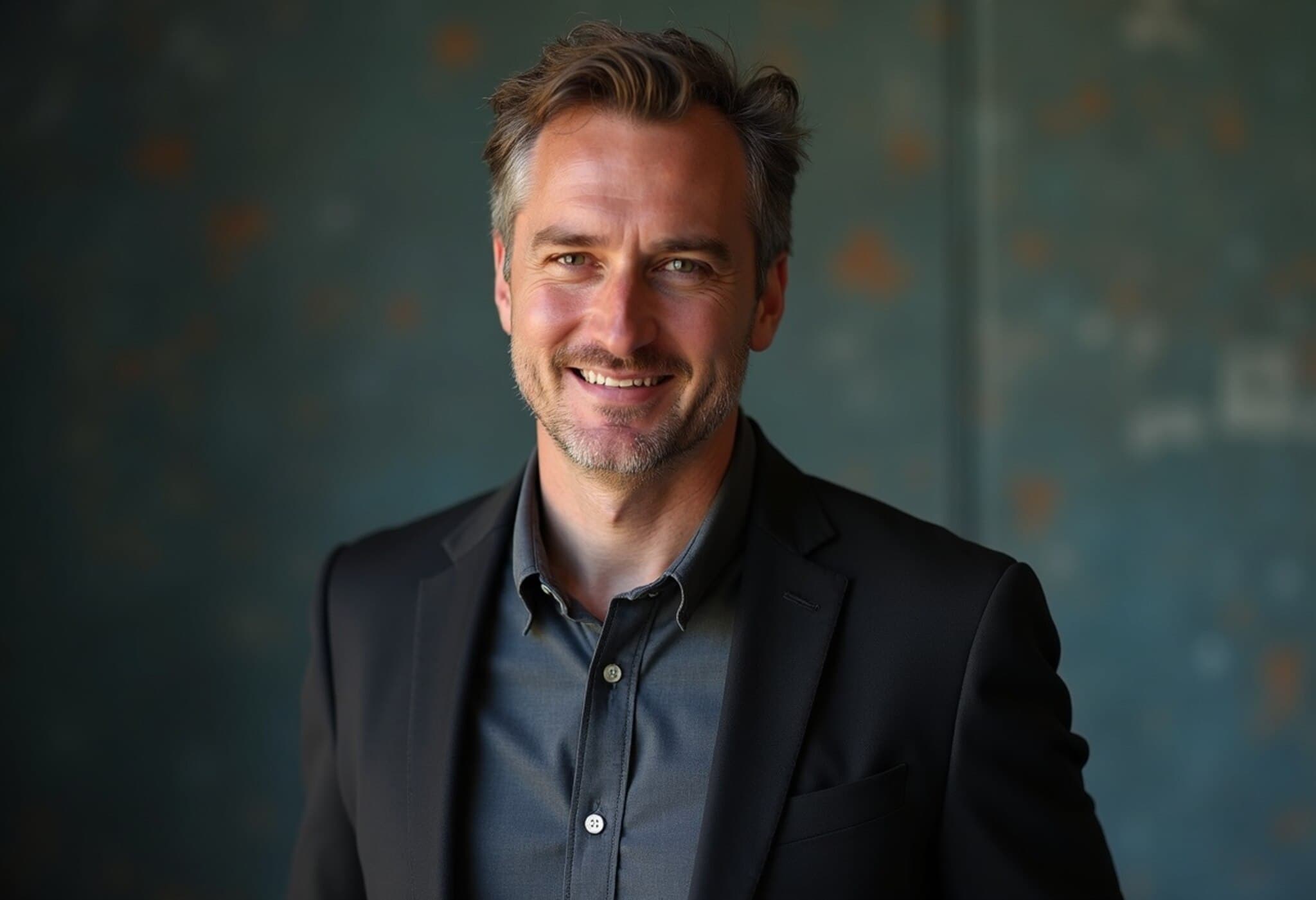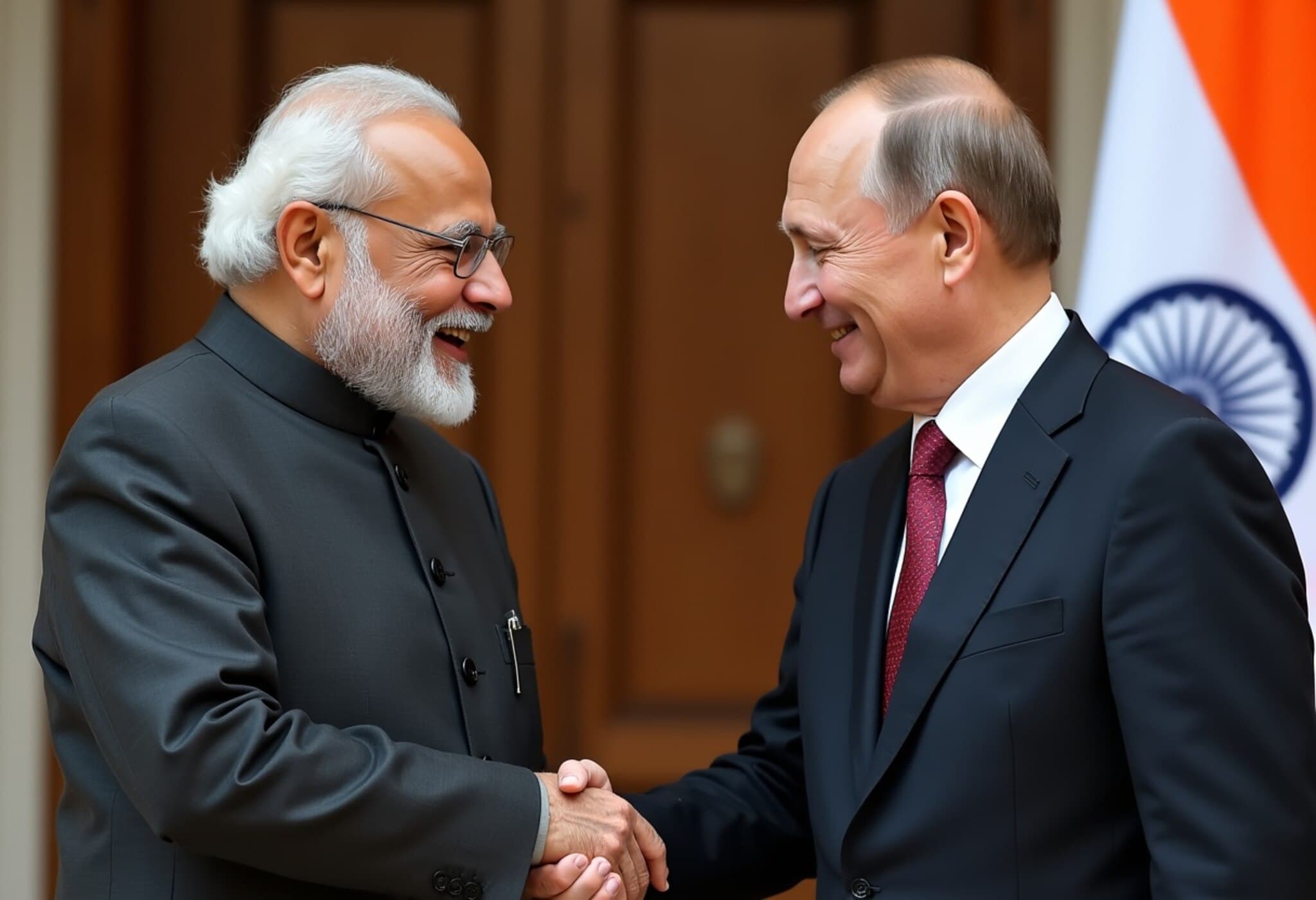Former Astronomer CEO Andy Byron Scrutinized Over $250,000 OnlyFans Allegations
Just days after his resignation shook Wall Street, Andy Byron, the former CEO of Astronomer, finds himself embroiled in a new controversy that adds fuel to an already blazing scandal. Allegations have emerged accusing Byron of spending more than $250,000 on OnlyFans subscriptions, as well as private video calls and custom content from multiple creators, including influencer Sophie Rain.
Spending Spree Revealed by Insider
Camilla Araujo, a Brazilian model and co-founder of the renowned OnlyFans creator community Bop House, revealed to media outlet The Blast that Byron’s expenditures extended beyond a single content creator. "I personally reviewed the receipts — it was a quarter million dollars on subscription fees, bespoke content, and intimate video calls," Araujo stated. She emphasized that several involved creators were connected to her influencer mansion, highlighting a more extensive network of interactions.
Human Impact and Private Struggles
In a surprising twist of empathy, Araujo reportedly reached out to Byron’s wife, Megan Kerrigan, offering emotional support and urging her to seek clarity away from the chaos. "I assured her that she’s not alone in this and even invited her to Miami for a fresh perspective," Araujo shared, shining a light on the often-unseen personal toll such public controversies take on families.
Leaked Conversations and Secret Accounts
The scandal deepened following leaked private messages, allegedly provided by Kerrigan, that uncovered Byron’s use of a clandestine Instagram account to coordinate explicit video calls with 23-year-old influencer Sophie Rain. One exchange reportedly reads, "All good. Most guys I talk to are married," to which Rain playfully responded, "Okay, call me in 5 mins winky face w." Although Rain declined to confirm Byron’s client status, she expressed her disapproval from a moral standpoint and extended support to Kerrigan, saying, "As a Christian, I don't condone this kind of behavior, but I'm here for his wife if she needs someone to talk to."
Background: The Coldplay Concert Incident That Sparked It All
Byron’s resignation came on the heels of a viral video capturing him intimately cuddling Kristin Cabot, the company's HR chief, during the "kiss cam" segment of a Coldplay concert on July 16. Both Byron and Cabot were married to other partners at the time, igniting widespread discussions on workplace ethics and personal conduct among executives. Chris Martin, Coldplay’s frontman, wryly commented, "Either they’re having an affair or they’re just very shy," provoking a social media storm. Astronomer’s official statement acknowledged the breach, asserting, "Our leaders are expected to set the standard... that standard was not met," with both Byron and Cabot stepping down shortly thereafter.
What This Means for Corporate Culture and Privacy
The mounting revelations around Byron’s personal expenditures and private conduct invite reflection on several broader themes that resonate deeply within corporate America:
- Executive Accountability: Leaders are increasingly held to higher moral and ethical standards, with personal misconduct swiftly impacting professional roles.
- Privacy in the Digital Age: The use of secret social media accounts and private transactions outside of the public eye raise questions about boundaries between personal freedoms and transparency.
- The Impact on Families: Behind every headline of scandal lies a ripple effect on spouses and families, often overlooked in media narratives.
- Influencer Economy Dynamics: The unprecedented flow of money from high-profile individuals into platforms like OnlyFans showcases shifting cultural norms and the monetization of digital intimacy.
Editor’s Note
Andy Byron’s fall from grace acts as a potent reminder that the private lives of public figures—and especially corporate leaders—cannot be neatly separated from their professional responsibilities. As digital platforms redefine personal interactions and financial transactions, the intersection of power, privacy, and accountability becomes increasingly complex. Beyond the sensational headlines, critical questions remain: How should organizations navigate leadership conduct in an era of pervasive social media? What safeguards can protect families caught in the crossfire of public scandals? And how do we balance human empathy with the demand for integrity in leadership? This story is far from over, and its unfolding consequences merit thoughtful attention.











